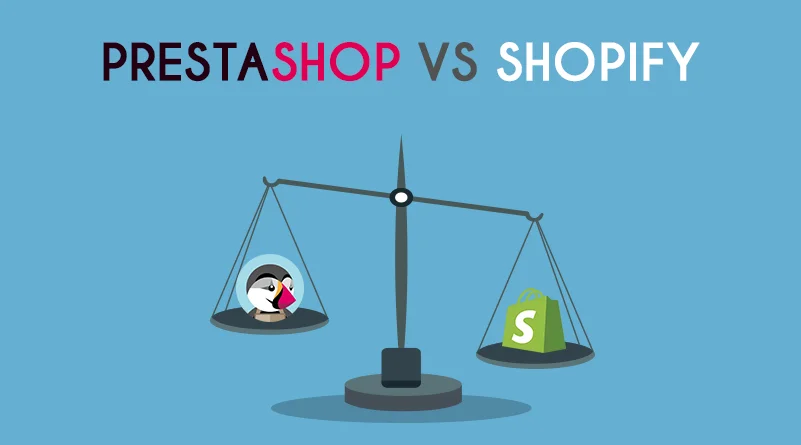Online shopping in Kenya and Africa has grown fast, driven by mobile payments, improved internet access, and rising trust in ecommerce. Yet many retailers still struggle with a silent but critical challenge. That challenge is messy product data. When titles, prices, descriptions, and images are not aligned, the entire shopping experience becomes confusing. Shoppers lose confidence and retailers lose sales.
Organized product data is the backbone of every successful online store. It shapes how customers find products, understand them, compare them, and decide whether to buy. A neat and structured catalog builds trust and improves the journey from search to checkout. For Kenyan retailers competing in a crowded digital market, this can be the difference between a sale and an abandoned cart.

Why Organized Product Data Matters
The first reason is clarity. Customers cannot touch or test products online, so they rely entirely on the information provided. Clear product details reduce doubts and encourage buyers to complete purchases.
The second reason is discoverability. Search engines rank stores higher when product titles, descriptions, and metadata follow a consistent pattern. In Kenya, where shoppers often start with Google searches or browse through WhatsApp and Instagram shops, visibility drives traffic and revenue.
The third reason is smoother navigation. Well organized attributes like size, brand, price, and color help shoppers filter and compare items easily. This reduces frustration and keeps the shopping experience simple.
The fourth reason is accuracy. When stock levels and prices are updated consistently, customers avoid the disappointment of ordering unavailable products. This accuracy strengthens trust and reduces refund requests.
The final reason is performance. Clean data makes websites faster, improves digital ads, and enhances automation tools like AI recommenders and chatbots.
The Cost of Disorganized Product Data in Kenya
Stores with inconsistent product data often deal with abandoned carts, repeated customer questions, and poor visibility on search engines. For example, an electronics shop with missing specifications forces customers to guess key details, leading to lost sales. A fashion store with unclear sizing leads to returns. A supermarket with outdated stock data disappoints customers who order unavailable items.
These small issues add up and directly impact revenue.
How Organized Data Improves the Shopping Experience
Good product data starts with clear titles that help customers understand what they are viewing. Descriptions explain features and benefits in simple language. Specifications help buyers compare similar products. High quality images make online browsing more realistic. Clean categories and attributes guide customers through filters and search results. Finally, synced inventory ensures accurate stock information across all sales channels.
When these elements work together, the entire journey becomes smooth. Customers browse with confidence and businesses enjoy improved conversions.

Why E Startups Kenya Is Your Best Partner
E Startups Kenya helps businesses across Kenya and Africa build ecommerce systems that are clean, reliable, and mobile first. The team organizes product catalogs using standardized templates that improve consistency. They integrate inventory management tools that sync stock in real time across websites, POS systems, apps, and social commerce platforms.
The company also enhances SEO by structuring product data for search engines, improving visibility on Google and social platforms. For businesses investing in AI powered tools like chatbots and recommendation engines, organized product data ensures that these systems deliver accurate results.
Whether you run a boutique store, a supermarket, a fashion brand, or an electronics shop, E Startups Kenya ensures your product data supports customer trust and smooth shopping experiences.
FAQs
Why is product data important for ecommerce?
It builds trust, improves navigation, and supports better decision making for online shoppers.
Does organized data help with SEO?
Yes. Clean and structured information helps your store rank higher.
Can small businesses afford product data solutions?
Yes. E Startups Kenya offers plans suitable for small and large businesses.
How does product data affect sales?
Clear and accurate product information reduces doubts and boosts conversions.
Is inventory synchronization necessary?
Yes. It prevents customers from ordering products that are out of stock.
Conclusion
Organized product data is the engine behind smooth and enjoyable online shopping. It shapes customer trust, search visibility, and overall performance. In Kenya and Africa’s growing ecommerce market, businesses that invest in clean product data stand out and convert more customers.
Partner with E Startups Kenya to build an ecommerce experience that is accurate, fast, and customer friendly. With the right tools and expertise, your store becomes easier to use and more profitable.




























